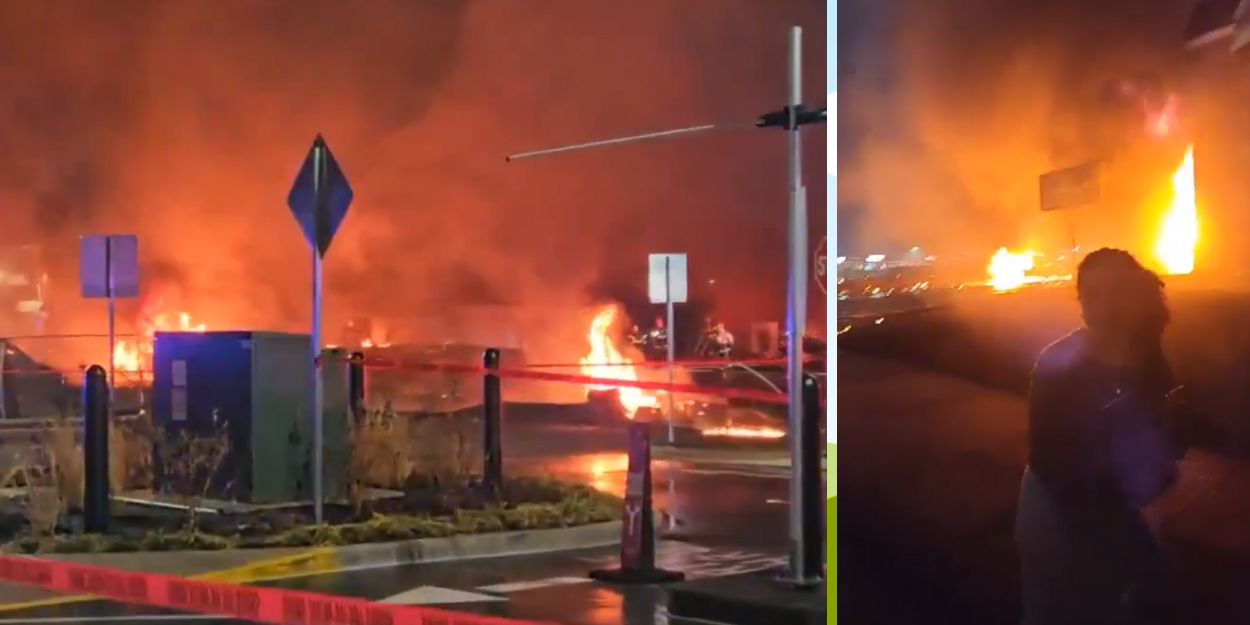Canadian Parliament Adopts Measure Halting Weapon Sales to Israel
The Shift in Canadian Arms Export Policy
In an unprecedented turn of events, the Canadian government, with Prime Minister Justin Trudeau at the helm, has signaled a major shift in its foreign policy by putting an end to future arms exports to Israel.
The resolution, which found a clear majority in the House of Commons, declares Canada’s commitment to “cease further authorization and transfer of arms exports to Israel,” with a keen eye on adhering to Canada’s stringent arms export regulations and a stronger resolve to prevent the illegal smuggling of weapons, which includes those that could potentially land in the hands of groups such as Hamas.
A Resolution with Impact
Foreign Affairs Minister Mélanie Joly underscored the gravity of the decision — a proposal initially set forth by the New Democratic Party (NDP), steered by Jagmeet Singh, signaling a significant pivot in how Canada interacts within the global arms market. Singh conveyed before the vote, “The fundamental changes that we want were to make sure that there was an end of the sale of arms to Israel. That is not something that Canada has ever said before.”
Even as the The Toronto Star highlighted, a substantial portion of the military equipment sent to Israel is later returned to Canada or its allies post-modifications leveraging Israeli defense technology. It appears that this dynamic of the defense trade is likely to continue, sustaining the benefits of Israel’s defense expertise.
Reactions and Responses
Post-vote discussions included a dialogue between Trudeau and Benny Gantz, a prominent figure in Israeli politics, suggesting that despite the political move, Canada remains sensitive to the humanitarian implications in regions like Gaza and the broader Middle East tensions.
Contrasting opinions surfaced as Israeli Ambassador to Canada, Iddo Moed, expressed concerns that the embargo could diminish Israel’s defensive capabilities against threats such as those posed by Hamas, framing the motion as a measure that amplifies pressure on Israel rather than a step towards peace.
Canadian officials expressed to The Toronto Star that despite this resolution, there is no absolute certainty in eliminating all risks of potential misuse of the exported arms.
While the original draft resolution suggested recognizing the “State of Palestine,” it underwent revisions for clarity on Canada’s position supporting a “negotiated two-state solution.”
Trudeau’s Commitment to Humanitarian Advocacy
Last fall, following a harrowing period marked by violence, Trudeau’s public stance empathized with the Palestinian, Arab, and black Muslim communities, reasserting Canada’s alignment with international human rights and its dedication to civilian safety, as echoed in his tweet:
As members of the Palestinian, Arab, and Black Muslim communities gathered for prayer yesterday, I wanted them to know this: We know you’re worried and hurting. We’re here for you. We will not stop advocating for civilians to be protected and for international law to be upheld. pic.twitter.com/El6KLO2CRw
— Justin Trudeau (@JustinTrudeau) October 21, 2023
This complex layering of foreign policy, defense relations, and humanitarian dialogue underscores a pivotal moment for Canada on the world stage, as it navigates its role in international conflict and peacemaking while adhering to its internal principles and regulations.
" Conservative News Daily does not always share or support the views and opinions expressed here; they are just those of the writer."





Now loading...